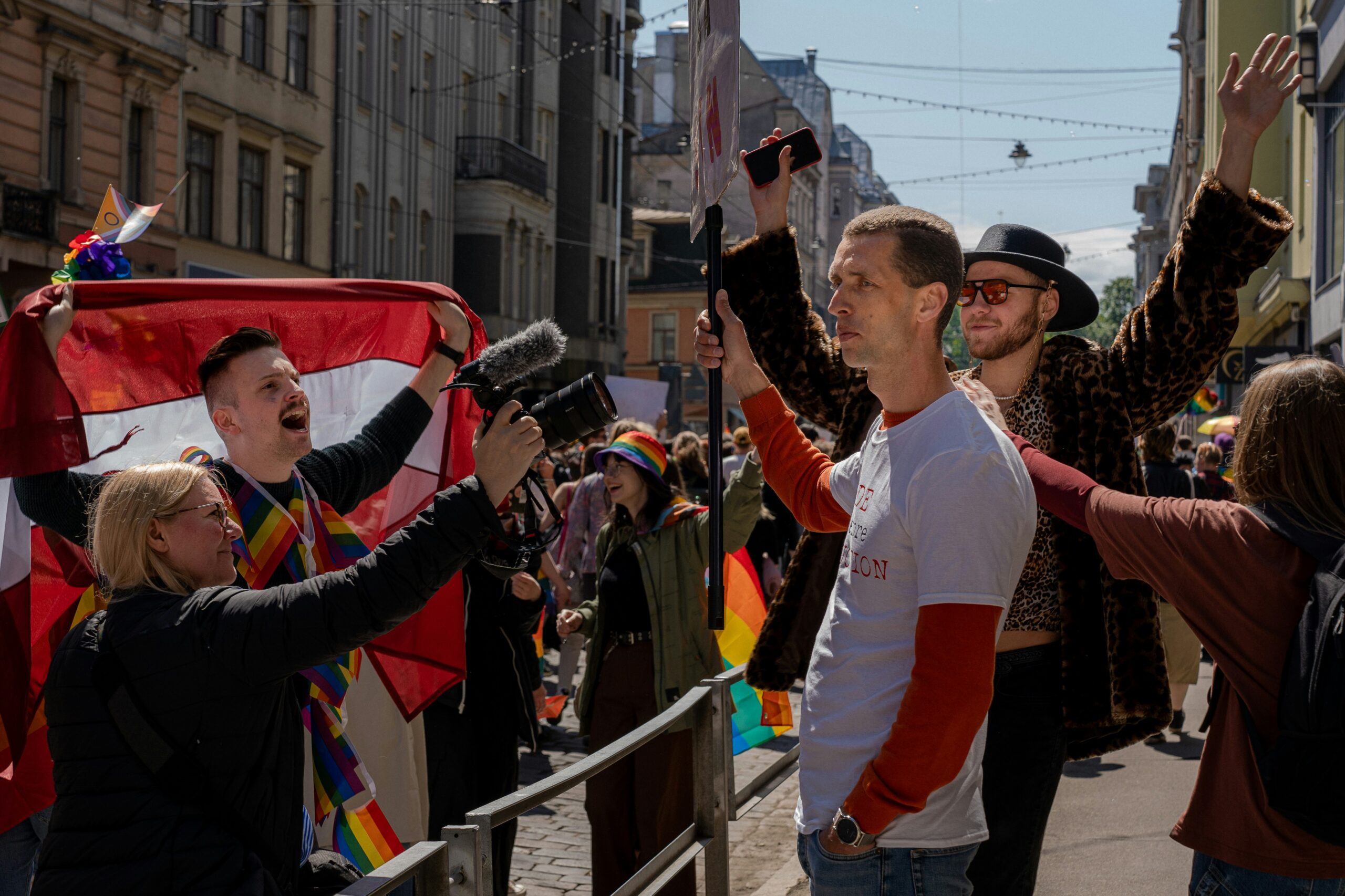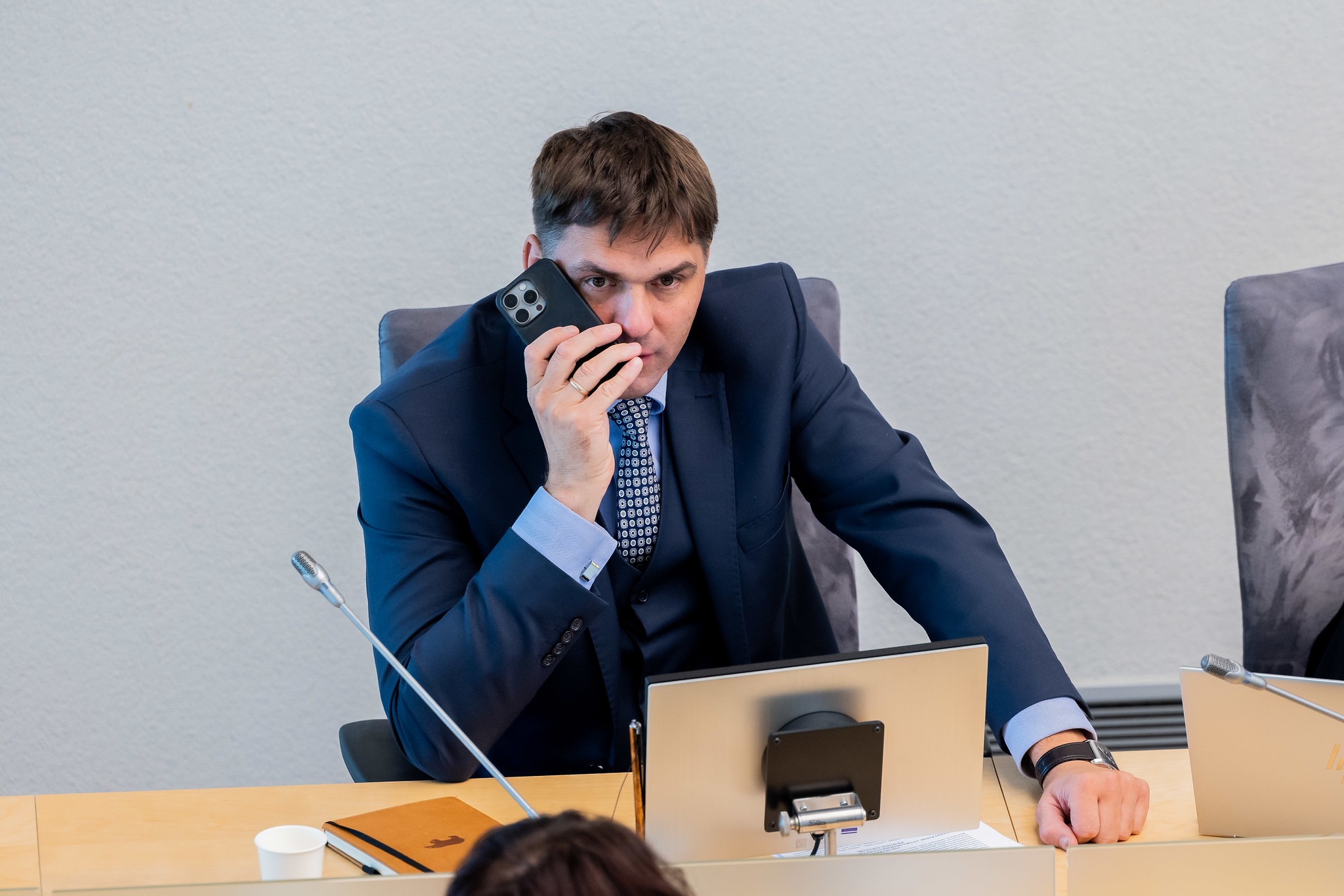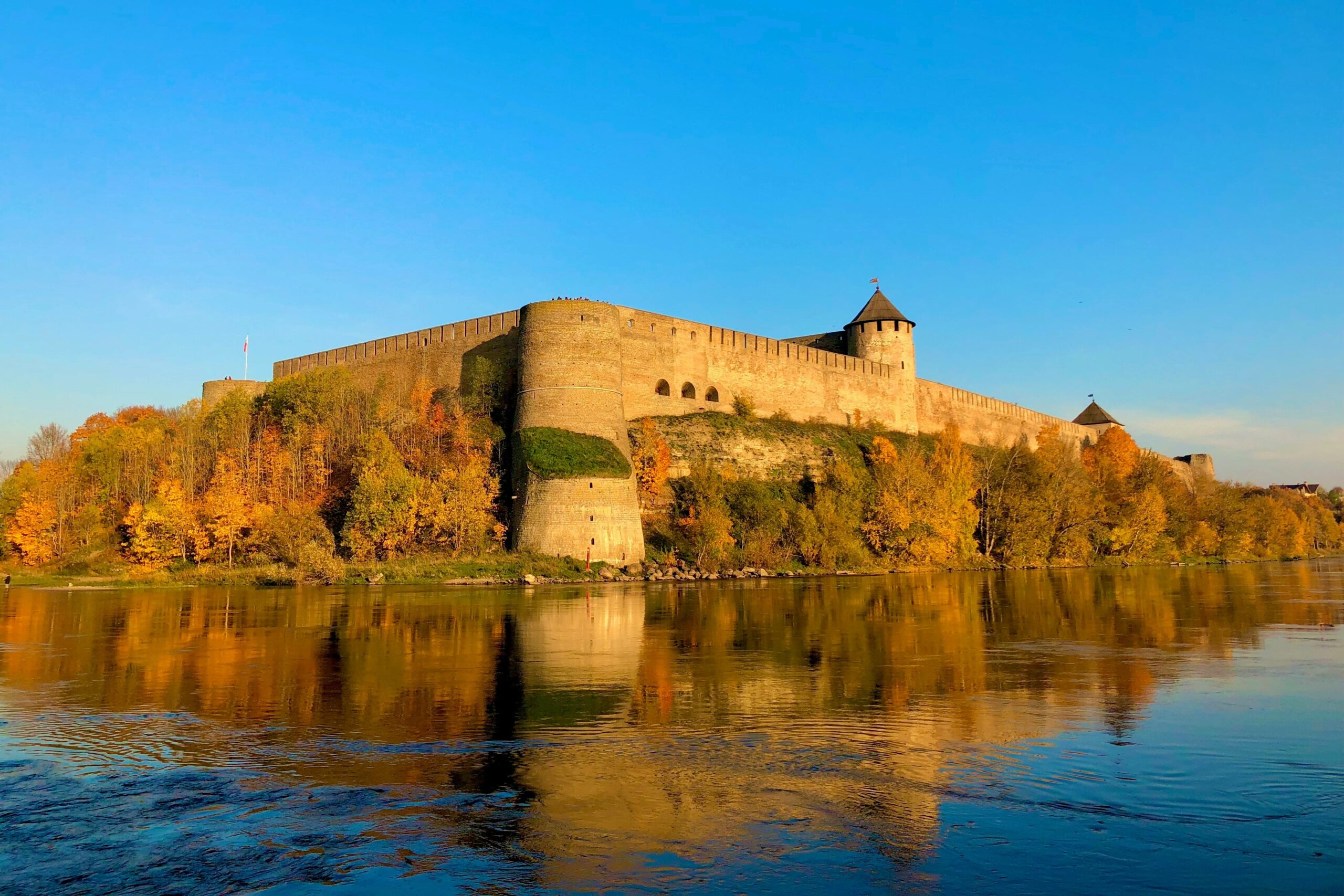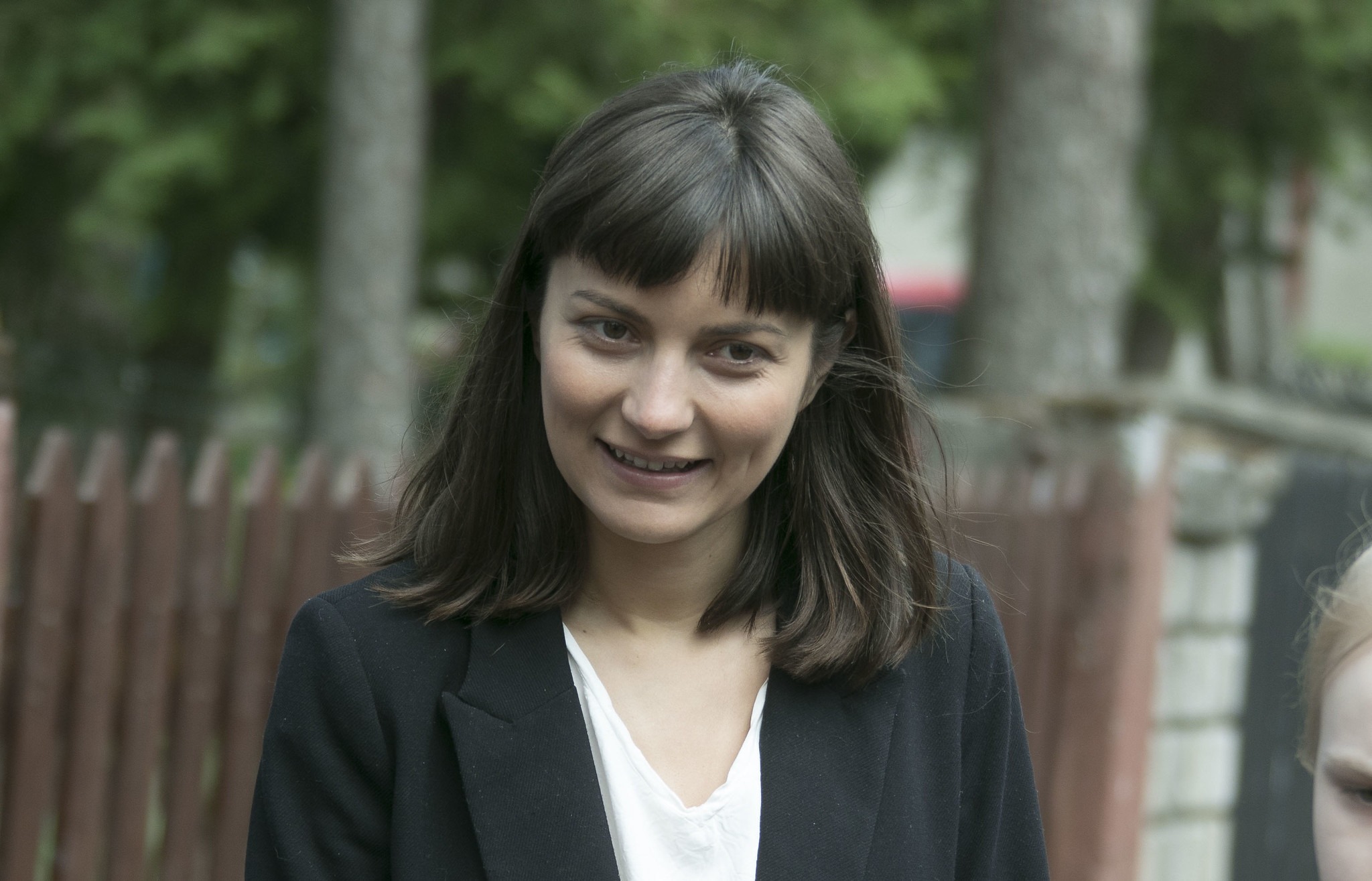
Key insights:
A media analysis showed that the most prominent topics discussed in pro-Kremlin online groups and local media in November 2024 were the following:
- The Ministry of Interior continues to demand that the Estonian Orthodox Church break off relations with the Moscow Patriarchate.
- Donald Trump’s victory in the US elections.
- The parliament has submitted for consideration a draft constitutional amendment that would deprive Russian and Belarusian citizens of the right to vote in local elections.
- Two fiber-optic communication cables on the bottom of the Baltic Sea were damaged: one between Finland and Germany, the other between Sweden and Lithuania.
- A prominent figure in Narva politics, Social Democrat Katri Raik, attempted to form a coalition with the controversial, disgraced politician Mihhail Stalnuhhin to unseat the current mayor of Narva, Jaan Toots. The attempt failed.
- Former Estonian Prime Minister Kaja Kallas officially took up the EU High Representative for Foreign Affairs and Security Policy post.
- The Estonian government decided to phase out oil shale energy by 2035 completely.
- In February 2025, Estonia’s energy system will disconnect from the BRELL network and join the European electricity grid.
- The Ministry of the Interior has prepared a draft law that would abolish the use of the Russian language when submitting documents to apply for a permanent residence permit.
- Russia launches Oreshnik ballistic missile at Dnipro in Ukraine.
Overview of main findings:
Although there were no visible pro-Kremlin disinformation campaigns in the Estonian information space in November 2024, some socio-political and economic issues attracted the attention of active users and commentators on social media, where anti-establishment narratives were disseminated and widely discussed, often with anti-Estonian and pro-Russian sentiments.
The politically motivated decision to restrict the voting rights of Russian and Belarusian citizens in Estonia’s municipal elections sparked discussion not only about national security concerns but also about the alleged unfair treatment of some permanent residents of non-Estonian origin. From a specific topic, it has developed into a socio-political issue that has divided Estonian society into different groups – according to the latest polls, some 63% of the population support the decision to revoke the right to vote, 29% are against it and 8% are indifferent. Moreover, support for limitations is highest among ethnic Estonians (74%) and lowest among non-Estonians (12%). As many politicians and opinion leaders have expressed their views and debated the issue on different channels and various occasions, one of the key narratives framed by pro-Kremlin sympathizers speculated on growing Russophobia and continuing discrimination against Russian speakers in Estonia.
Another issue repeatedly mentioned in pro-Kremlin narratives among Estonian social media users is energy, as the country faces several critical moments in this area, including the slow pace of the transition to renewable energy sources, energy prices and affordability, as well as energy security and overdependence on imports. While one of the main sources of public dissatisfaction has been rising energy prices in recent years, some critical concerns have also been raised about the lack of sufficient domestic energy production capacity and the vulnerability of dependence on foreign energy sources, which could jeopardize national energy security in times of geopolitical instability. As the energy issue is of concern to everyone, pro-Kremlin messages on social media have resonated with many groups, spreading the misconception that “cheap, reliable energy from Russia is the only viable option for Estonia”. These messages were also accompanied by harsh criticism of the ineffectiveness of the government’s actions in the Estonian energy sector.
Story of the month:
At the recent World Congress of Compatriots in Moscow, KOOS/Вместе party leader Oleg Ivanov threatened to create a “people’s front” to defend Russian-speakers in Estonia and criticized the Estonian government for alleged Russophobia and possible disenfranchisement of Russian voters.
Ivanov then claimed that Interior Minister Lauri Läänemets was portraying party’s supporters as disloyal citizens. “In this regard, I would like to make the following statement to Mr Läänemets. You are probably aware that Aivo Peterson recently announced that the first thing we will do after his release from prison is to establish a popular front to fight for human rights. I can inform you that if you commit this crime (depriving non-citizens of their right to vote – ed.), if you do not stop your Russophobic and fascist attempts to mock, humiliate and discriminate against Russians, we will establish the Popular Front earlier! We will not wait for Aivo Peterson’s release from prison,” Ivanov declared.
Ivanov’s speech emphasized his party’s efforts to involve the UN in the defence of Aivo Peterson, a fellow KOOS/Вместе leader accused of supporting Russian interests against Estonia’s sovereignty. Despite Peterson’s imprisonment, his political influence continues, and Ivanov highlighted the ongoing processes in international bodies such as the UN in relation to Peterson’s case.
KOOS/Вместе leaders, including Peterson, appear to be strategizing for Estonia’s upcoming local elections, aiming to capitalize on their significant voter base in regions such as Ida-Viru and Narva. Ivanov’s rhetoric, including allegations of human rights abuses against Russians in Estonia, is consistent with the party’s broader narrative as the party seeks to strengthen its position both domestically and internationally.









